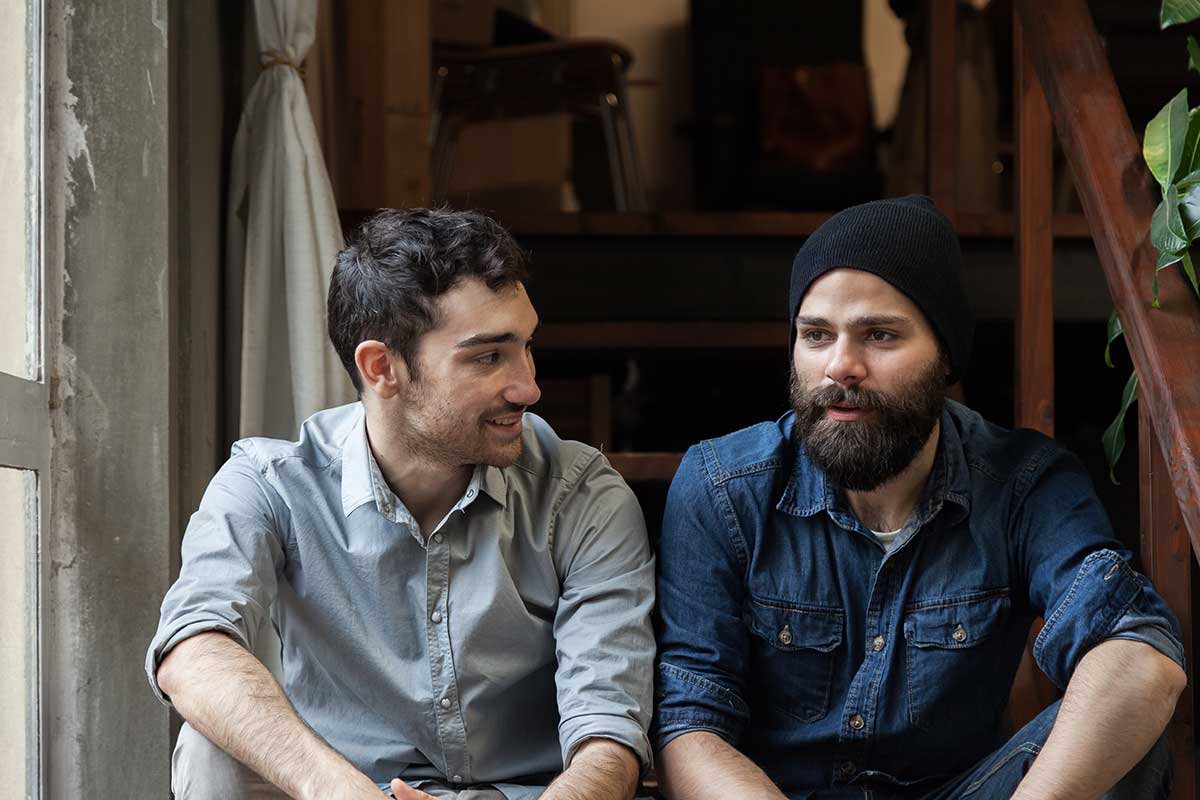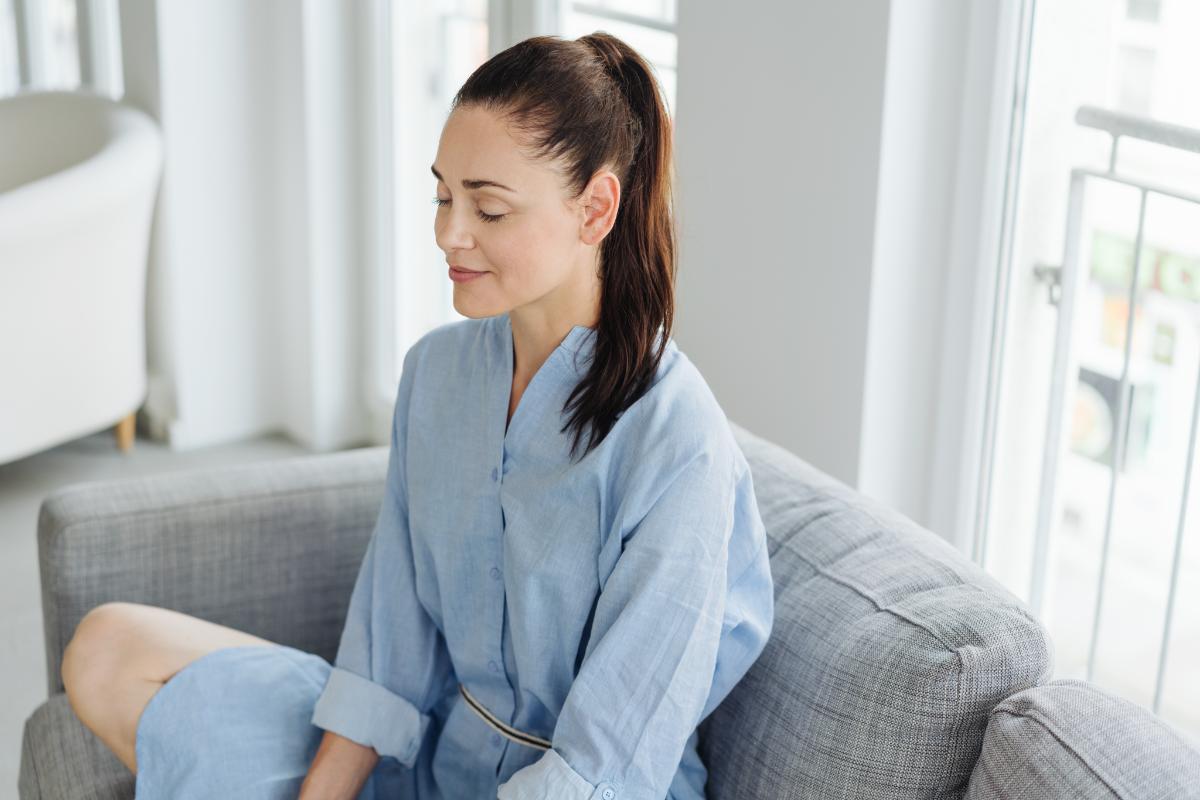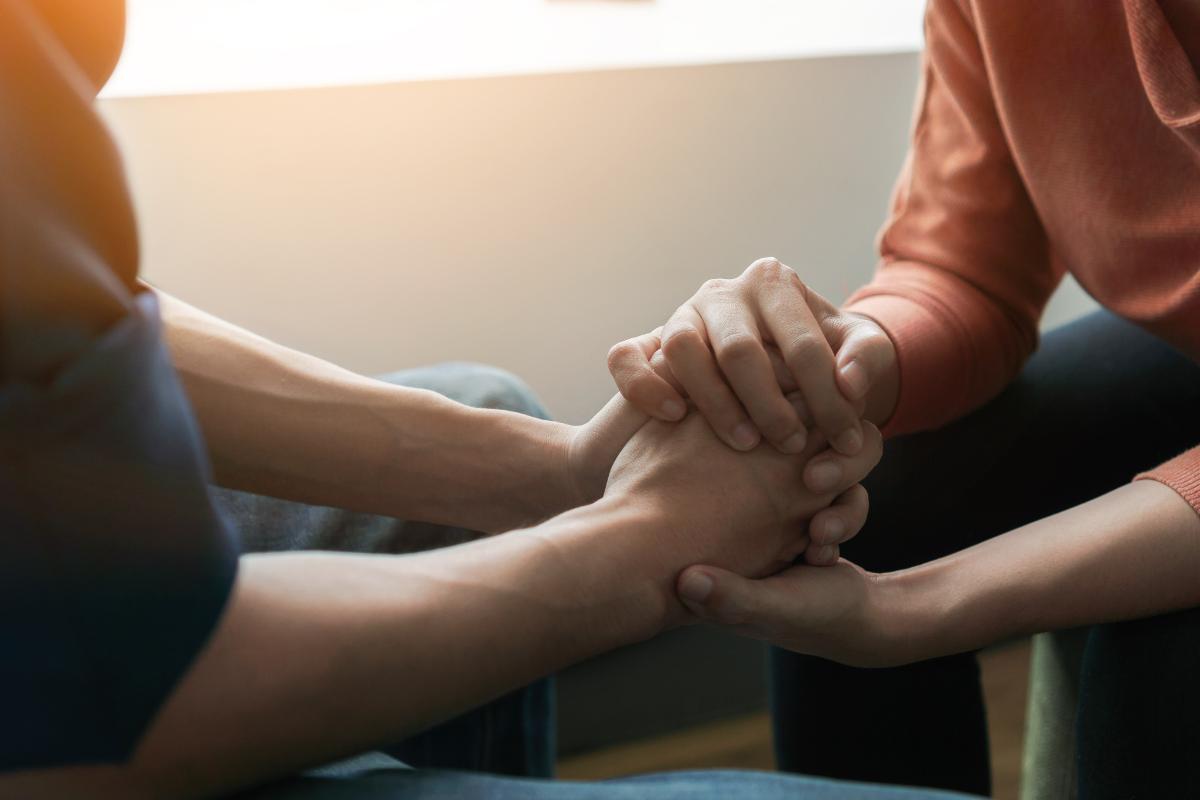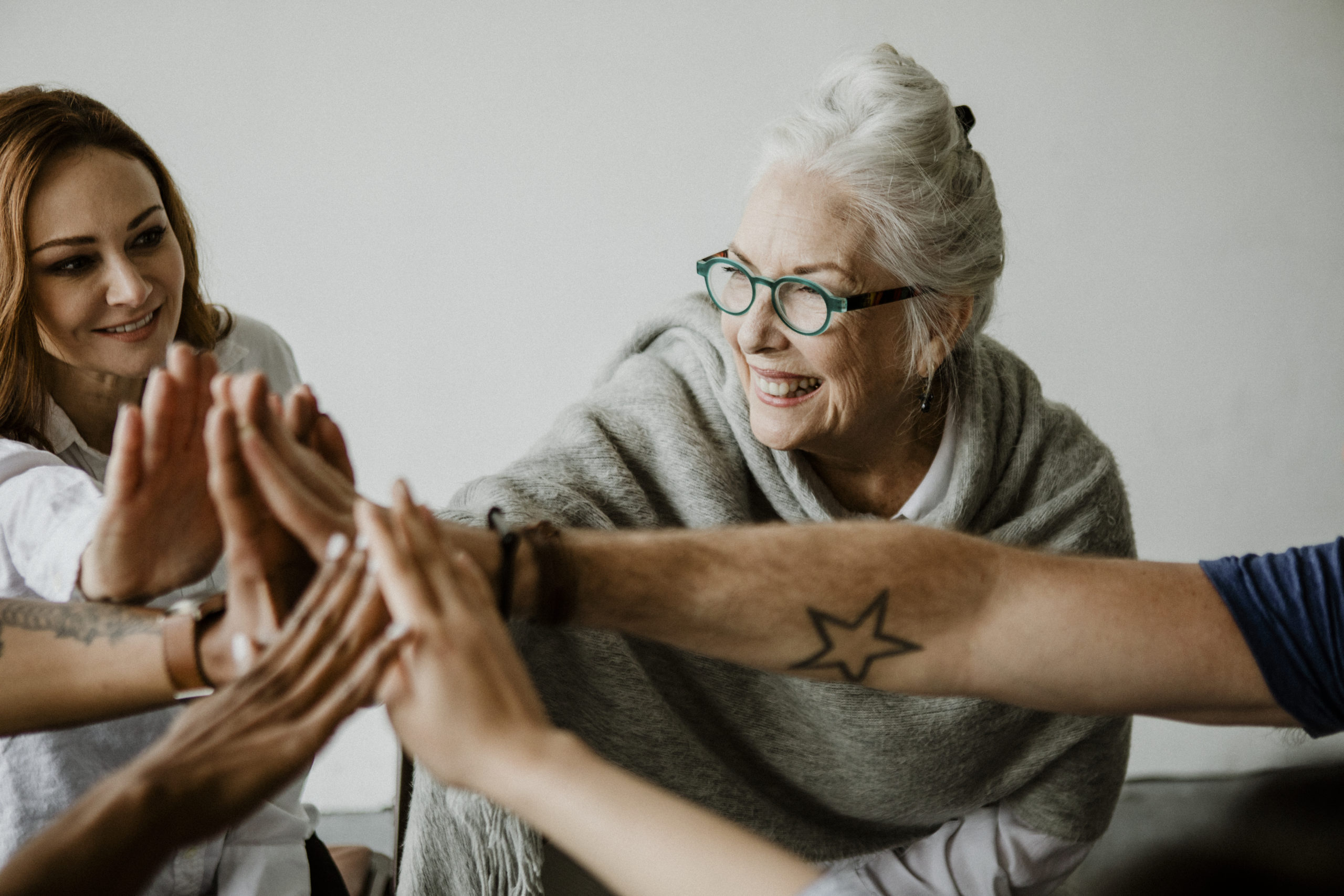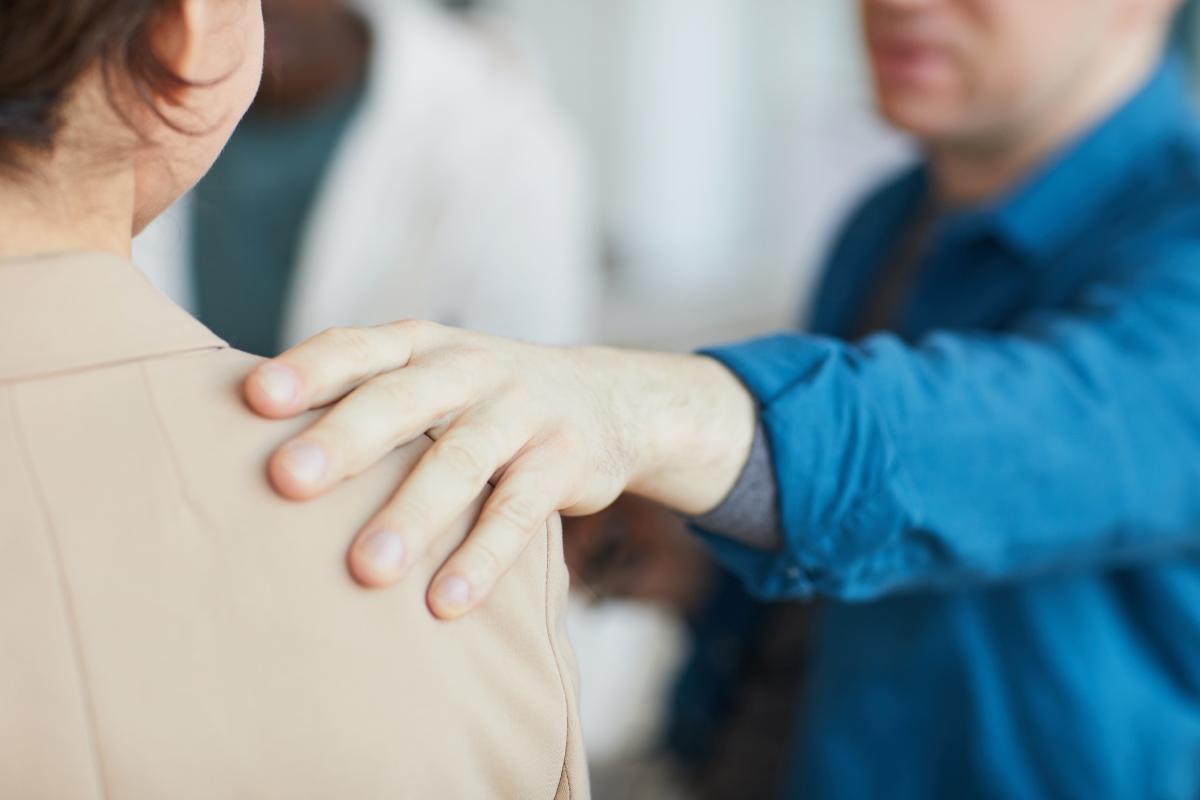Treating addiction, depression, and other mental health disorders require a unique approach to dealing with the wide-ranging symptoms and causes of most mental health disorders. Activities in a group therapy program allow individuals to work with their peers in a supervised environment where they practice coping skills and form supportive relationships with others in the group. When combined with other therapies, a group therapy program gives patients the skills and confidence they need to live their best lives.
At Colorado Medication Assisted Recovery, we help individuals who are struggling with addiction caused by a traumatic event, borderline personality disorder, or other conditions. We take the time to get to know each patient and create a program tailored to their individual symptoms. Patients will participate in group and private therapy sessions while receiving medication to minimize withdrawal symptoms and cravings. To learn more about our group therapy programs and how they can benefit your recovery, call 833.448.0127 or use our online form to send us a message today, and we will get back to you within 24 hours.
The Benefits of Group Therapy Activities
There are many benefits of enrolling in an addiction treatment program that includes motivational group therapy activities, individual therapy, and medical support. Because addiction is such a complex disease, it takes a multi-pronged approach to treat all aspects of the addiction.
During group therapy, patients will meet with their peers in a safe space with a certified behavioral therapist running the session. They will participate in activities that promote healing, improve coping skills, and increase self-esteem and confidence in their abilities to say sober and happy. Just some of the benefits of group therapy activities include the following:
- Patients listen to valuable feedback from their peers, who will offer advice from their unique life perspectives. Group therapy can show patients how addiction affects everyone, regardless of their background or personal beliefs.
- Creates a bonding opportunity with their peers that can turn into strong relationships that will support a healthy lifestyle long after therapy has ended.
- Introduces patients to new hobbies and interests that promote healthy living.
- Group therapy can increase the desire to continue with therapy for as long as necessary.
At Colorado Medication Assisted Recovery, our outpatient treatment programs include group and individual therapy sessions. We offer in-patient and remote treatment options for individuals who can abstain from drugs or alcohol with minimal supervision and have a strong desire to maintain a sober lifestyle.
3 Motivational Group Therapy Activities for Treating Addiction
Treatment centers offer various programs and activities to benefit the recovery process that are unique to the facility. When searching for an addiction treatment program, ask about the different types of activities and therapies they offer to see if they are right for you.
Here are three group therapy activities for treating addiction:
1. Role-Playing Activities
Putting yourself in another person’s shoes is a great way to see another perspective. Therapists will assign roles to individuals and have them act out different scenarios. Role reversal is a healthy way to understand others’ feelings and perspectives and gain insight into how their actions are perceived by others.
2. Family Therapy
Involving parents, spouses, and children in the recovery process is important to restore family relationships and create a supportive home environment. Families will learn about the dangers of addiction and how it impacts everyone in the family, including childhood development.
3. Music Therapy
Music can have a positive effect on the recovery process. Certain sound frequencies are proven to have a positive physical and mental impact and can improve a person’s happiness and motivation. Group music activities include playing in a drum circle, dancing, singing, and writing songs.
Participating in motivational group therapy activities as part of a well-rounded treatment program can significantly improve a person’s chance of reaching their recovery goals with fewer missteps or relapses.
Group Therapy Activities for Healing at Colorado Medication Assisted Recovery
At Colorado Medication Assisted Recovery, we support men and women from all walks of life who are struggling with addiction to alcohol, cocaine, heroin, or other dangerous substances. We combine various types of therapies with medical support to give patients the best chances of recovery in a safe and private space.
Just some of our group therapy activities include:
- Group discussions with peers led by a certified therapist
- Activities and games to practice and fine-tune coping and communication skills
- Adventure/nature walks
- Art/music therapy
- Family therapy
Discover all of the benefits of group therapy by calling 833.448.0127 today to meet with our team and enroll in our addiction treatment program. You can also fill out our online form and let us get back to you.



